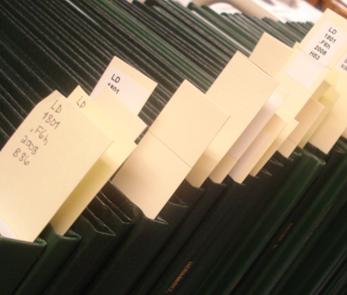
USF St. Petersburg campus Master's Theses (Graduate)
First Advisor
Chair, Dr. Michael Francis, Ph.D.
Second Advisor
Dr. Gary Mormino, Ph.D.
Third Advisor
Dr. Raymond Arsenault, Ph.D.
Publisher
University of South Florida St. Petersburg
Document Type
Thesis
Publication Date
2017
Date Issued
January 9, 2017
Abstract
Florida emerged from the Revolutionary War “entangled.” A pawn of the United States, British, and Spanish, Florida might have been nominally aligned politically, but was essentially a cultural and social borderland existing on the edge of empire. Historians have successfully traced individuals in Florida to demonstrate the influence of non-British Colonists living in the South during the Revolution and Early Republic. This approach uses case studies to illustrate the challenges faced, some of which include economic independence versus interdependence, loyalty, citizenship, and international diplomacy. William Augustus Bowles is one such individual who stood “entangled” in Florida, between greater Caribbean, Atlantic and global forces. Deserting from the British during the American Revolution, Bowles fled to the Florida interior where he remained hidden from the historical narrative until he writes a letter to the Spanish King declaring an independent Creek state. In this 1791 letter he names himself Director General and demands sovereign rights. The Spanish send troops to quash the rebellion, arrest Bowles and subsequently transport him to Cadiz to stand trial. Bowles Florida rebellion represented the diverse interests of Creeks and Europeans living among natives caught between the Spanish, British, and Americans in late eighteenth-century. This paper will explore this fascinating “entanglement” and illustrate the fluid nature of citizenship during the Age of Revolution.
Creative Commons License

This work is licensed under a Creative Commons Attribution-Noncommercial-No Derivative Works 4.0 License.
Recommended Citation
Hough, Clinton, "Florida Entanglements: The 1791 William Augustus Bowles Rebellion" (2017). USF St. Petersburg campus Master's Theses (Graduate).
https://digitalcommons.usf.edu/masterstheses/163


Comments
A thesis submitted in partial fulfillment of the requirements for the degree of Master of Liberal Arts Department of Florida Studies College of Arts and Sciences University of South Florida St. Petersburg